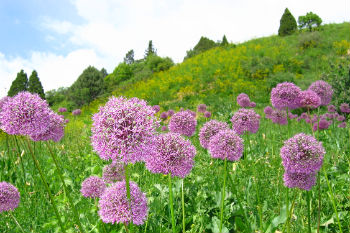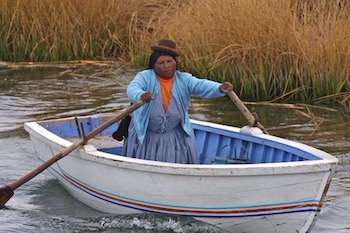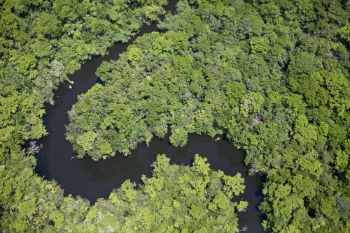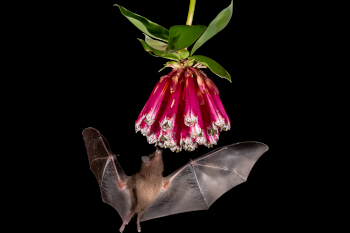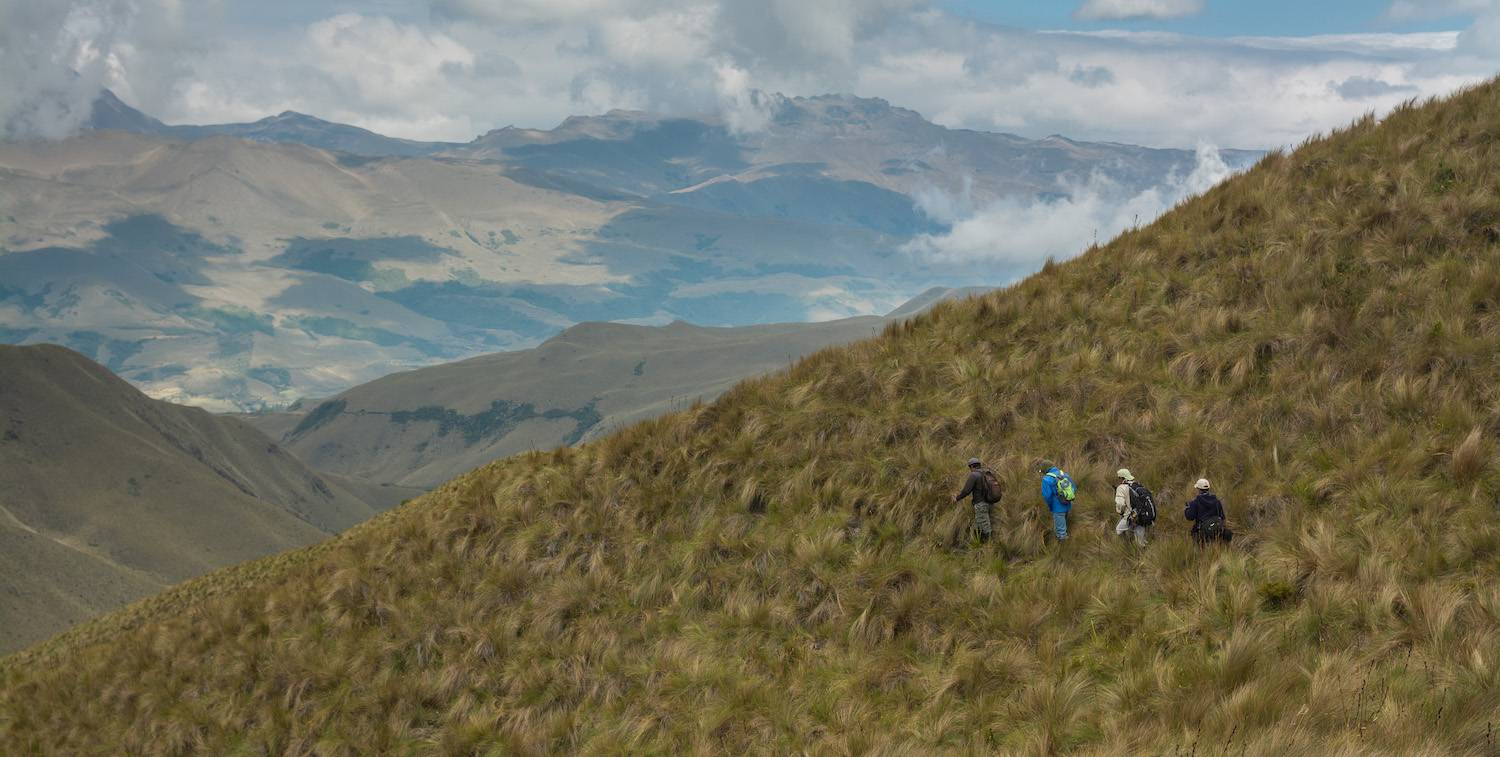Main menu
CEPF is a joint initiative of l’Agence Française de Développement, Conservation International, the European Union, Fondation Hans Wilsdorf, the Global Environment Facility, the Government of Canada, the Government of Japan and the World Bank. A fundamental goal is to ensure civil society is engaged in biodiversity conservation.
Visitez le site français コア情報の日本語翻訳を読むOr use Google Translate to translate the English site to your language:
GTranslate
Kfw Provides 7 Million Euros to Conserve Ecuador’s Biodiversity
New funds will be used for grants to civil society
By: Julie Shaw
28 July 2022
28 July 2022
The German Government via KfW Development Bank is contributing 7 million euros to the Critical Ecosystem Partnership Fund (CEPF) to support civil society-led biodiversity conservation projects in the Ecuador portion of the Tropical Andes Biodiversity Hotspot. The funding is being provided through an agreement with Conservation International.
The funds will be used for grants to nongovernmental organizations, community and Indigenous people’s groups, universities and private enterprises. Projects will focus on conservation of Key Biodiversity Areas (KBAs)—the most important places in the world for species and their habitats—and the goal is to manage these areas in ways that are sustainable for ecosystems and people.
The funding furthers KfW’s overall objectives of securing natural habitats through improved natural resource management and protection, reducing deforestation and degradation, and mitigating climate change. Goals for the Ecuador projects include:
- Improve the management and protection of 24 prioritized KBAs.
- Mainstream conservation into sub-national public policies.
- Integrate social and environmental safeguards into development projects.
- Promote conservation in private-sector enterprises.
- Safeguard globally threatened species.
- Increase the capacity of local civil society groups and alliances to conserve biodiversity.
CEPF will coordinate grant-making with Ecuador’s Ministerio del Ambiente, Agua y Transición Ecológica (MAATE).
Earlier this year, CEPF launched a new investment in the Tropical Andes Biodiversity Hotspot. The investment initially focused on conservation projects in 28 Key Biodiversity Areas (KBAs) and five conservation corridors in Bolivia, Colombia and Peru. The KfW funding will expand the program into Ecuador.
“We are delighted to be working with KfW in this vitally important biodiversity hotspot, and we commend KfW and the government of Ecuador for recognizing the importance of protecting biodiversity and the services it provides to the people of Ecuador, such as fresh water, food, medicines, carbon storage and protection from the worst impacts of climate change,” said Olivier Langrand, executive director of CEPF.
“KfW’s funding comes at a critical time, providing an opportunity for CEPF to consolidate the important conservation gains achieved in its previous investment in the Tropical Andes and to attend to new needs and opportunities, including those brought about by climate change and the impacts of COVID-19,” said Michele Zador, CEPF grant director for the Tropical Andes Biodiversity Hotspot.
CEPF will devote its attention in the next months to recruiting a regional implementation team (RIT) that will support grant-making and capacity building for the new investment. Once the RIT is in place, CEPF will issue the first call for proposals, planned for October.
The new grant-making is building on CEPF’s previous investment in the Tropical Andes Biodiversity Hotspot from 2015-2021, which channeled US$9.5 million to 65 organizations in Bolivia, Colombia, Ecuador and Peru. That investment helped bring 2.9 million hectares under improved management and helped establish 26 new protected areas to safeguard 763,901 hectares. Nearly 60,000 people from 294 Indigenous and mestizo communities benefited from their conservation efforts.
Learn more about CEPF's projects in the Tropical Andes Biodiversity Hotspot.
